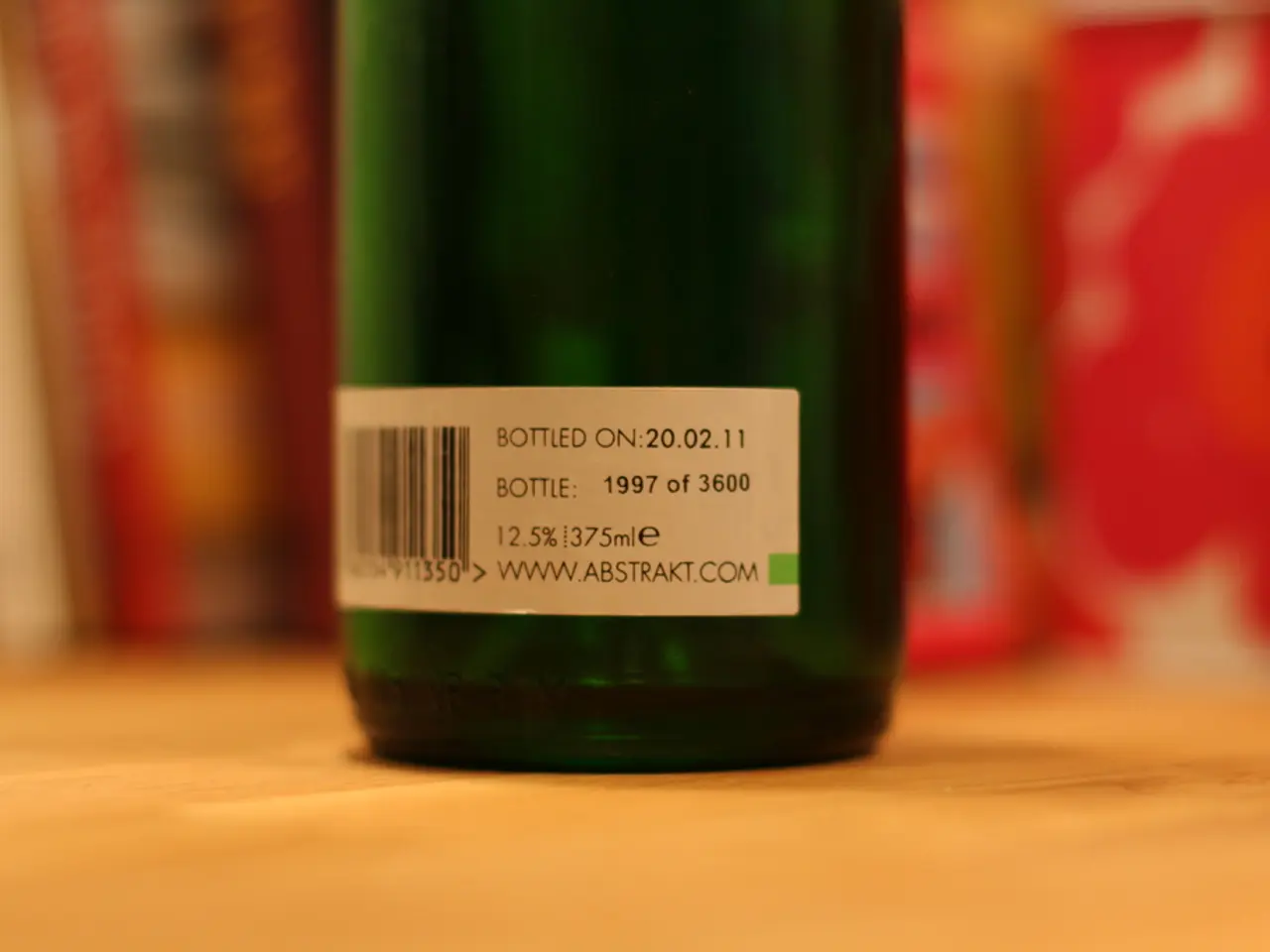Pharmaceutical giants Bayer witnessing steep expansion
In the recently released second-quarter financial results, Bayer, the German pharmaceutical giant, reported a mixed performance. While key products showed better-than-expected sales, profitability fell short of forecasts.
The company's revenue from the cancer drug Nubeqa was 546 million euros, significantly higher than the anticipated 545 million euros. This growth can be attributed to a 60 percent increase in sales compared to the same period last year.
Bayer also recorded a higher revenue than expected for Kerendia, a treatment for chronic kidney disease. The drug generated 183 million euros in the second quarter, nearly 89 percent higher than the forecasted 165 million euros.
The eye medication Eylea, a VEGF inhibitor for eye diseases, also performed better than expected, with revenues of 862 million euros in the second quarter, compared to market expectations of 832 million euros.
However, the revenue from the former top-seller Xarelto decreased nearly 30 percent (nominal) in the second quarter due to cheaper generic competitors. Despite this decline, the drug still generated 650 million euros, significantly higher than the market expectation of 594 million euros.
Overall, the divisional revenue of Bayer in the second quarter was 4.47 billion euros. This figure, while impressive, was lower than the expected 4.57 billion euros, leading to a lower adjusted EBITDA margin of 24.5 percent, compared to the expected 25.2 percent.
Looking ahead, Bayer's patent protection for Eylea is expected to expire during the 2025–2026 period in major markets like the U.S. Legal actions are currently active around the remaining patents, reflecting ongoing patent disputes typical when blockbuster biologics approach patent expiry.
Meanwhile, Bayer is developing Asundexian, an oral factor XIa inhibitor, as a novel anticoagulant aimed at preventing strokes and thromboembolic events. Though patent details are unavailable, this drug could become an important alternative to current stroke anticoagulants with potentially improved safety profiles. The presence of ongoing clinical trials and an emphasis on stroke prevention suggests strategic importance for Bayer’s medium-term portfolio.
In conclusion, while Bayer's key products performed well in the second quarter, profitability missed forecasts. The company's future prospects, however, remain promising, particularly with the development of Asundexian and the continued strong sales of Eylea, despite impending patent expiry and biosimilar competition.
The mixed performance of Bayer in the second quarter, while showing better-than-expected sales for key products like Nubeqa, Kerendia, and Eylea, resulted in a lower adjusted EBITDA margin due to shortfall in profitability. Interestingly, the financial success of these medical-conditions treatments contributes to the health-and-wellness sector, which also intersects with the company's finance and business operations. Looking ahead, the patent expiry for Eylea and competition from generic competitors may impact future finances, but the development of Asundexian, an oral factor XIa inhibitor, could provide a promising solution for current stroke anticoagulants in the realm of science.




